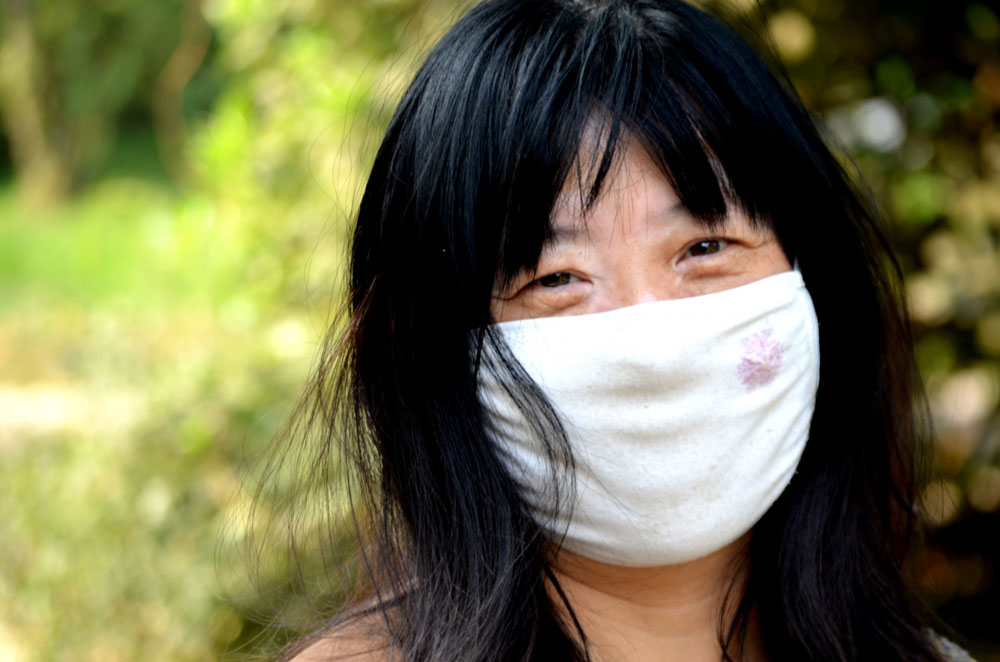
September 30, 2020, Guardian and NPR
In the early weeks of the global pandemic, it was expected that, like a hurricane, earthquake, or other disaster, its impact would be felt everywhere, without discrimination. But once the dust settles, the virus’ effects were shown to be “racist, ageist, classist, and sexist” and more harmful to those with pre-existing health issues and disabilities.
While more men than women die from COVID-19, a new report by Care International demonstrates that the global socioeconomic repercussions affect women more significantly. The traditional gender power imbalances women face every day are intensified by the pandemic.
About half the schools in the US are closed to in-person teaching. There are no if/then procedures for parents who have no childcare where providers have closed and whose school-aged children must stay home and attend class virtually. For single mothers, the situation is not just difficult, it is unworkable and unsustainable.
C. Nicole Mason is a single mother of 10-year-old twins who are going to school remotely for now. She is also the president and CEO of the Institute for Women’s Policy Research, a think tank located in Washington, DC that’s focused on economic equity for women. Mason is incensed that the federal government has not prioritized families and the challenges they face.
“It’s an impossible task,” she tells NPR. “Until we can figure out care, until we can figure out how to open the schools, you can just hang it up…for many women.”
Globally, more women work in the informal sector—domestic workers, street vendors and other food services, the grey economy that doesn’t provide pensions, sick leave, or health insurance. Care International found 55 percent of the women surveyed had lost income, versus 34 percent of men. COVID-19 has caused people to go hungry, and women bear the brunt of that, too, with 41 percent of women and 30 percent of men reporting they are hungry.
Dr Helen Pankhurst, an advisor for Care International, points out that their study of 10,000 across 40 countries clearly illustrates the substantial impact the coronavirus is having on women and girls…and the results were appalling in their predictability.
Sign up for our free newsletters
Subscribe to NPQ's newsletters to have our top stories delivered directly to your inbox.
By signing up, you agree to our privacy policy and terms of use, and to receive messages from NPQ and our partners.
The study provides recommendations to inform a better response to COVID-19 and a future that includes the interests of the entire population. Women must have a voice in the process; reproductive and maternal health, as well as newborn health and safety, must be priorities, as must protections against gender-based violence and hunger.
Care International is calling for the UN General Assembly to commit to having women leaders address the COVID-19 response, and doing so using actual data.
“Low-income families, single parents, they see how little support they have constantly because they’re in a never-ending battle to figure out how to put food on the table, to keep a roof over their heads, [to find] someone to watch their kids so they aren’t alone at home while they go to work,” says Caitlyn Collins, sociologist at Washington University in St. Louis and author of the book Making Motherhood Work: How Women Manage Careers and Caregiving. “It’s advantaged people who have long not seen these difficulties.”
With COVID-19 cases still rising in parts of the US, there is no relief for the issues in sight, and women have to choose between jobs and childcare.
“The U.S. has no paid parental leave for parents to take during this difficult time. We have no universal childcare system on which parents can rely. We have no federal minimum standard for vacation and sick days, unlike every other Western industrialized country,” Collins says. “Parents seem angry in a way that I haven’t seen them in the past.”
Even mental health is divided along gender lines; the Cares International study found 27 percent of women report COVID-19 having a significant impact on their psychological health, while only 10 percent of men responded similarly.
The stress of instability in employment, and the subsequent difficulty accessing food and healthcare is taking a toll on women. Women around the globe should be able to go to work, and work without “going to work scared.”—Marian Conway













